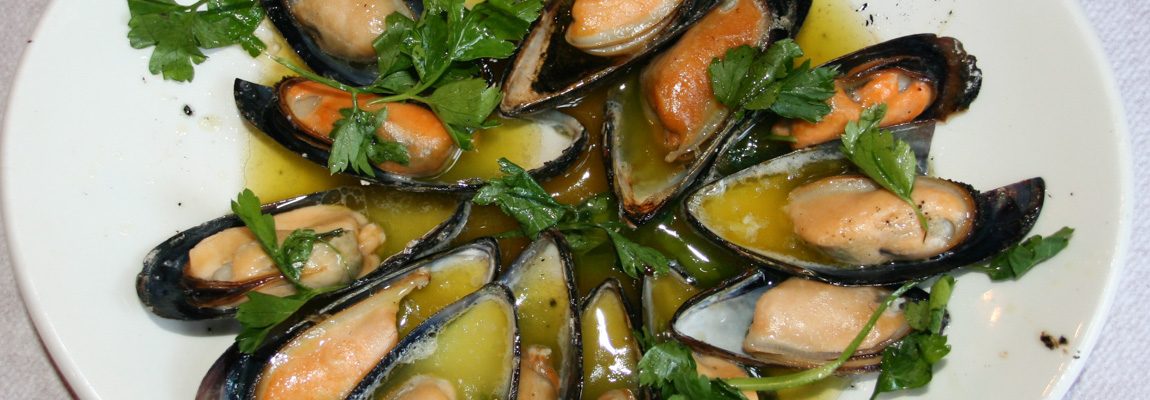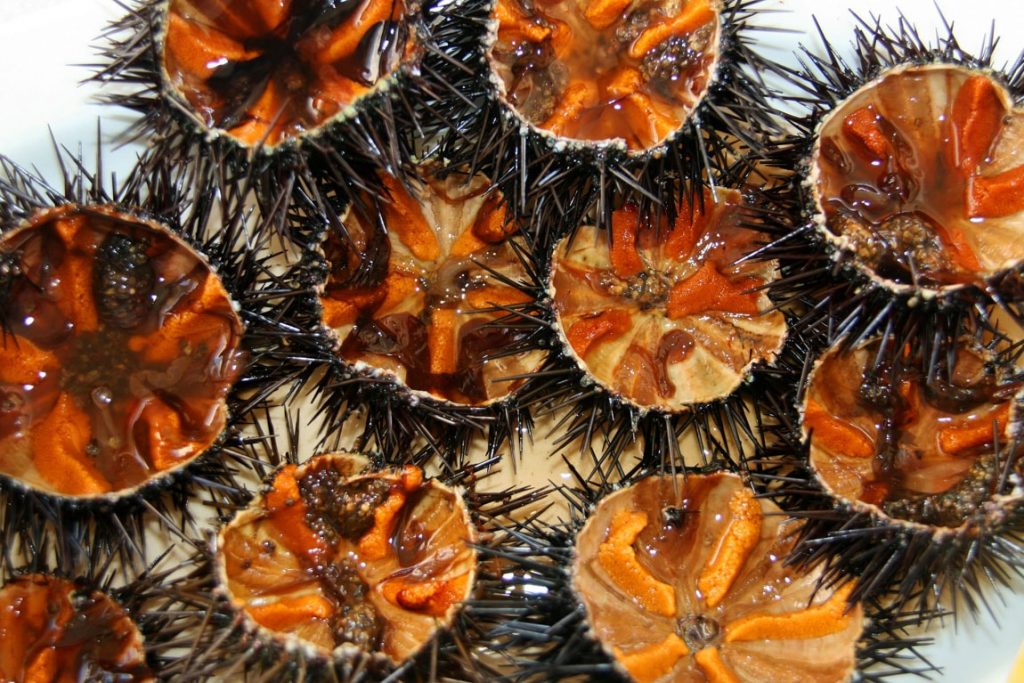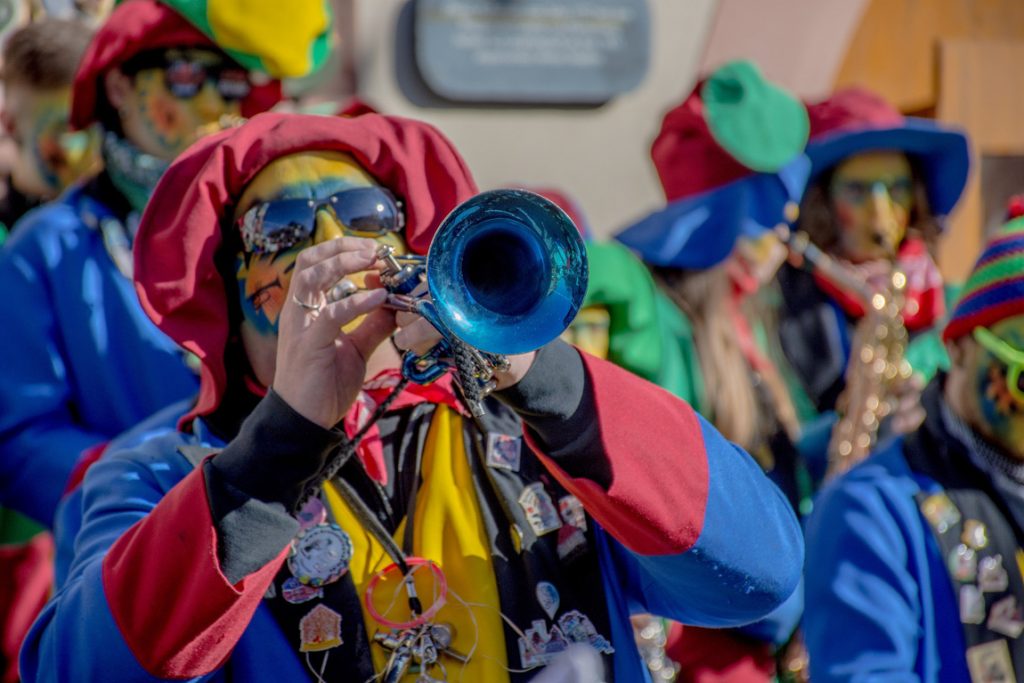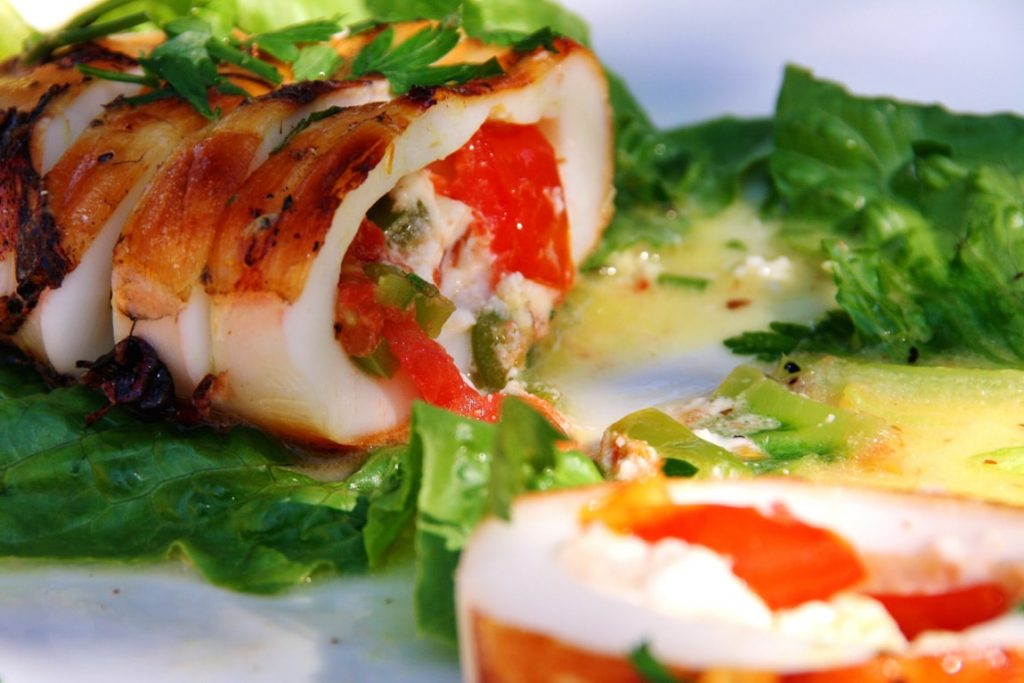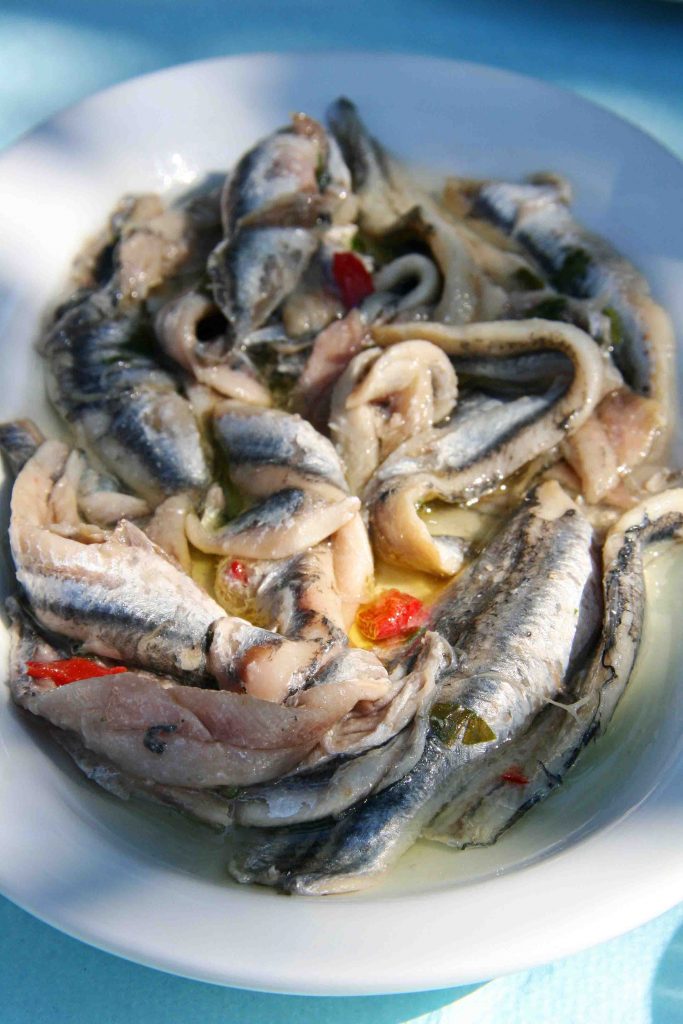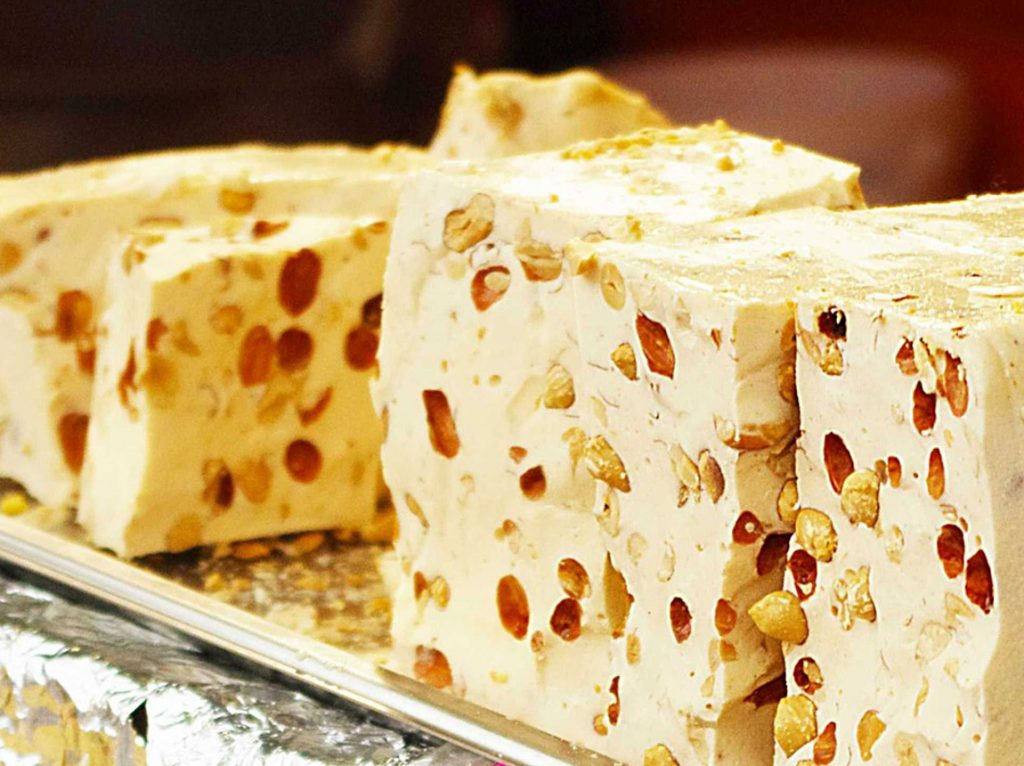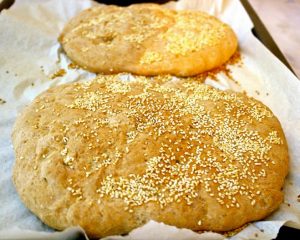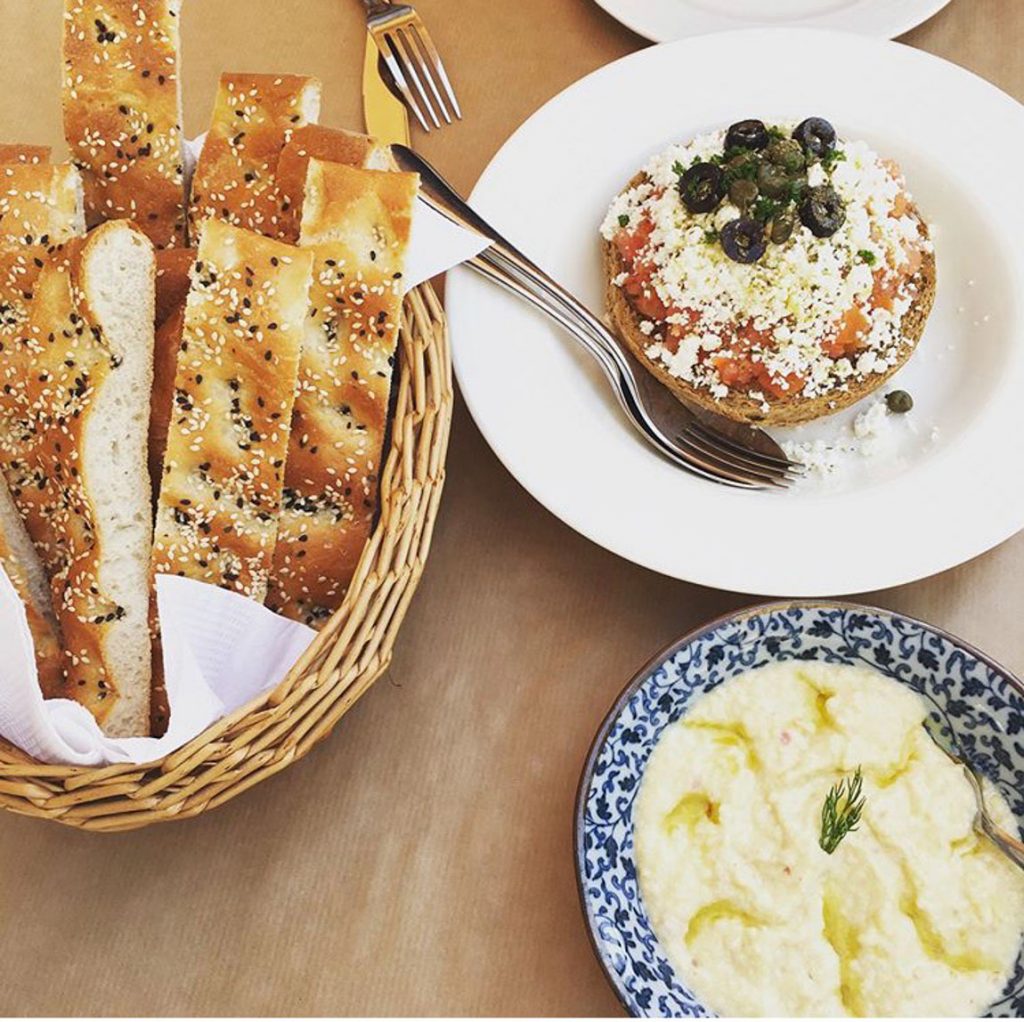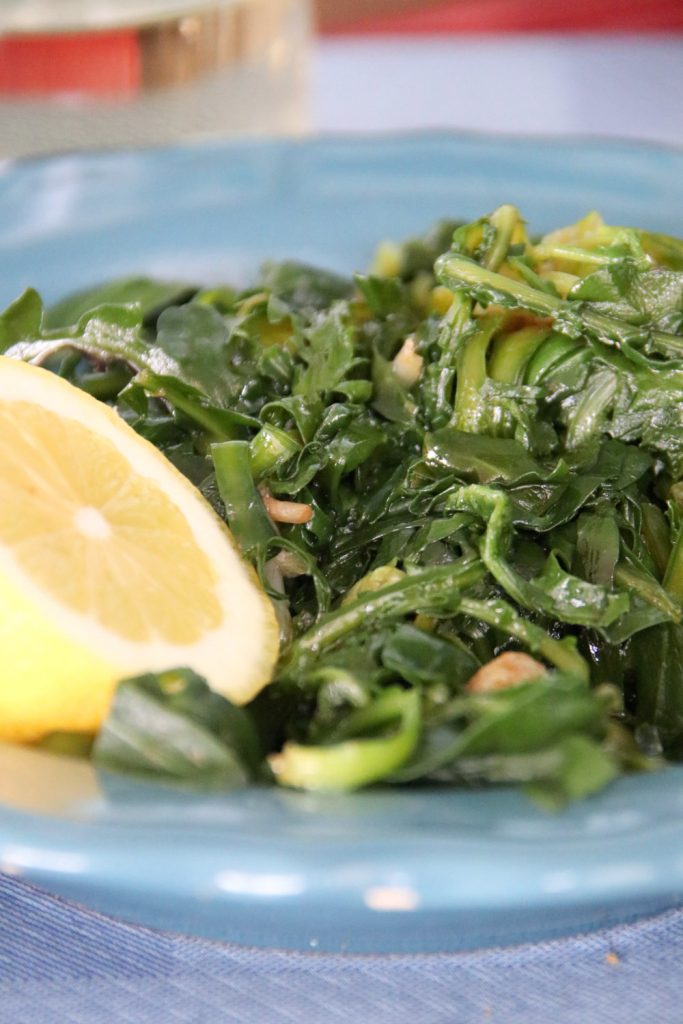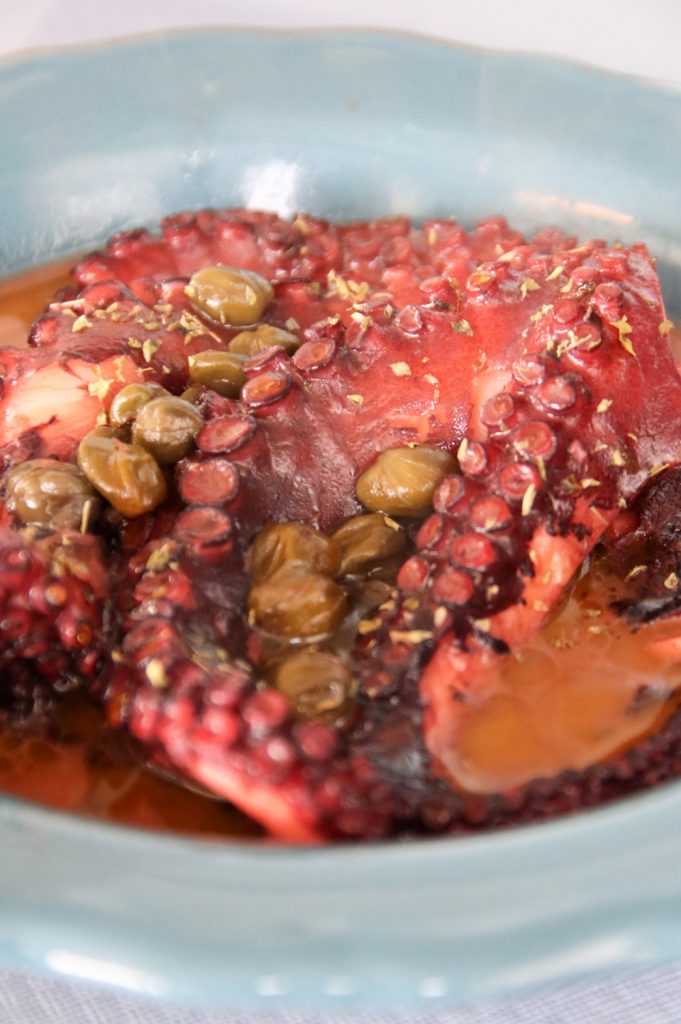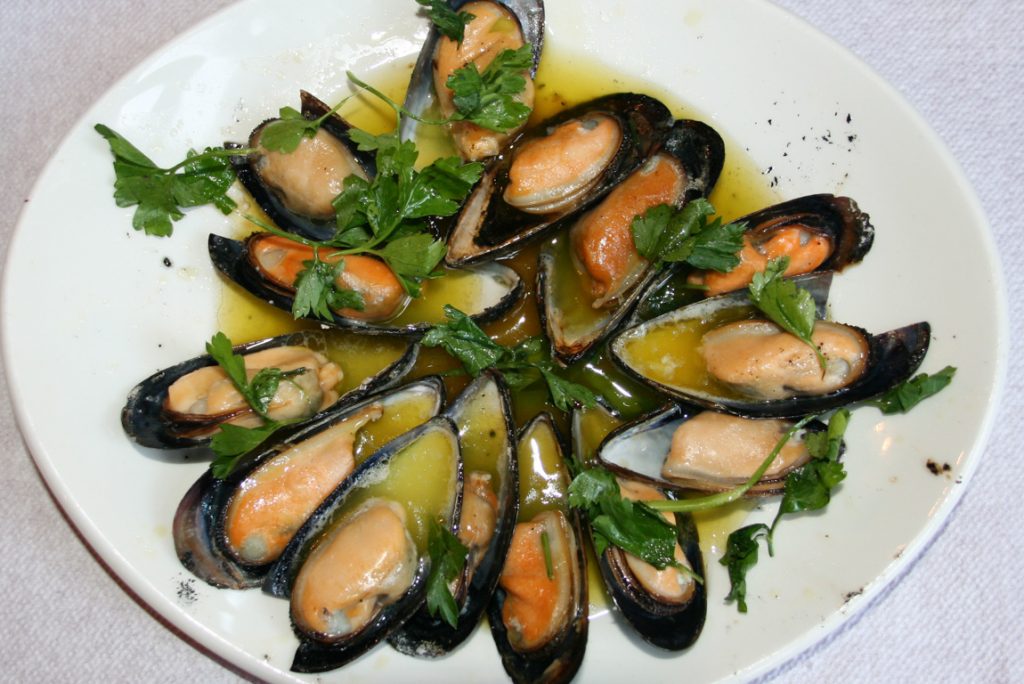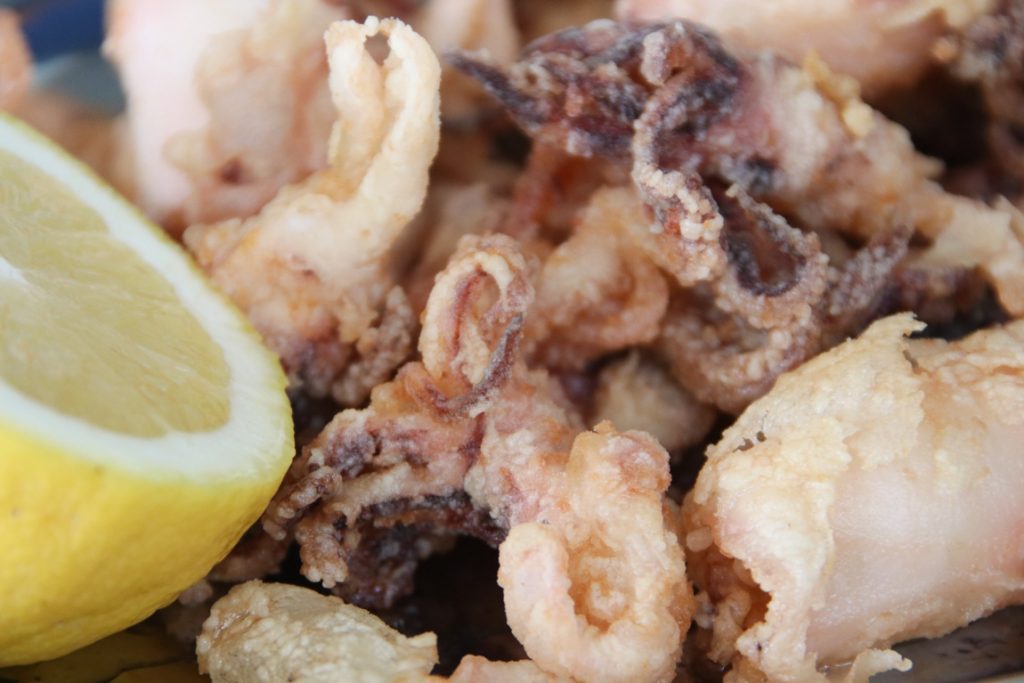Clean Monday or Kathara Deftera is one of the most important Greek celebrations which is represented with numerous unique traditions being held in many towns and islands around Greece. Let’s explore how the Greeks celebrate one of the most prominent holidays of the year.
What is Clean Monday?
Clean Monday marks the first day of the Great Lent, celebrated by the Eastern Greek Orthodox Church, which in Greek is known as Sarakosti. The 40 day period encourages all Christians to practice forgiveness, to renew their faith and to leave behind all the sinful engagements as well as the consumption of non-fasting foods. It is a period of cleansing for the body and soul.
The Lent period begins on the preceding Sunday night with a special liturgy where all present ask for forgiveness. It also marks the end of the Carnival season known as Apokries and the three weeks of festivities, filled with compulsive consumptions of non-fasting foods.
Clean Monday, also known as the Ash Monday is the analogy of Ash Wednesday, which marks the first day of Lent for the Western Christians.
The history of Clean Monday dates back to as early as the first century, which became a natural celebration as all Christians would prepare for Easter. Paved with sacrifices, fasting and simplicity — it was a stepping stone to creating the Great Lent traditions which are cherished till this day.
For forty days those who follow the fasting period exclude the consumption of meat, eggs and dairy products. The consumption of fish is only allowed on major feast days, however shellfish is considered nistisimo translating as suitable for fasting — creating a tradition of indulging on several seafood dishes like octopus, mussels and shrimps.
The Culinary traditions of Clean Monday: The must-try dishes
Clean Monday is a family affair, when family and friends get together for a hearty feast — which usually consists of a table spread of different types of mezes and foods. The famous dishes consumed on this day are lagana, which is a special flatbread baked on the day; taramosalata the perfect mousse-like fish roe dip which is best enjoyed by spreading it on pieces of freshly baked lagana bread and for dessert, halva a delightful handmade rectangular block made of tahini, sugar, sesame paste and commonly filled with nuts.
The lagana bread is only baked on Clean Monday, its tradition has been recorded as early as the Old Testament when the Israelites ate the bread on the night before the Exodus of Egypt — which was symbolized as the help of God.
The name of this bread comes from the Greco-Roman pastry dough lagana with origins of the word lasagna. The original version of the bread was prepared with only flour and water, symbolising the purity of the soul. Today most of the versions of lagana include yeast.
Taramosalata is a staple dish of the day and usually comes in two colours — white or red. The white roe is considered to be of superior quality and the dish is made of mixing the roe with either boiled potatoes or bread, and olive oil.
Other delights commonly enjoyed on this day are black-eyed beans served with finely chopped onion and plenty of olive oil, dolmadakia which are made of vine leaves stuffed with rice, onions and herbs — accompanied by Greek wine or tsipouro.
Clean Monday Traditions and Customs
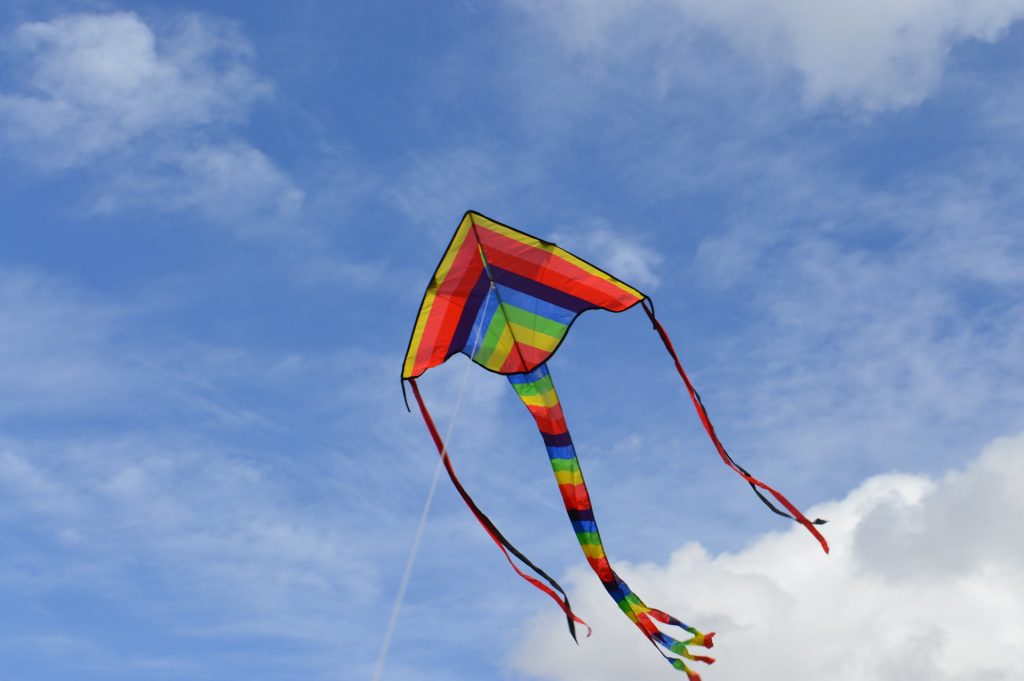 There is more to Clean Monday than enjoying a fasting meal. Traditionally Clean Monday is associated with the beginning of the spring season and many Greek families spend the early hours of the day in the countryside flying kites. If weather permits, both kids and adults alike fill the blue skies with colorful kites — which is a beautiful spectacle to enjoy. The tradition of wooden kite-making has been replaced by plastic kites decorated with popular cartoon characters, which are sold on almost every corner the weekend before Clean Monday. A few traditional kite-makers however continue the custom of handcrafting the light wooden frame kites with paper and cords which make the perfect light-construction for flying.
There is more to Clean Monday than enjoying a fasting meal. Traditionally Clean Monday is associated with the beginning of the spring season and many Greek families spend the early hours of the day in the countryside flying kites. If weather permits, both kids and adults alike fill the blue skies with colorful kites — which is a beautiful spectacle to enjoy. The tradition of wooden kite-making has been replaced by plastic kites decorated with popular cartoon characters, which are sold on almost every corner the weekend before Clean Monday. A few traditional kite-makers however continue the custom of handcrafting the light wooden frame kites with paper and cords which make the perfect light-construction for flying.
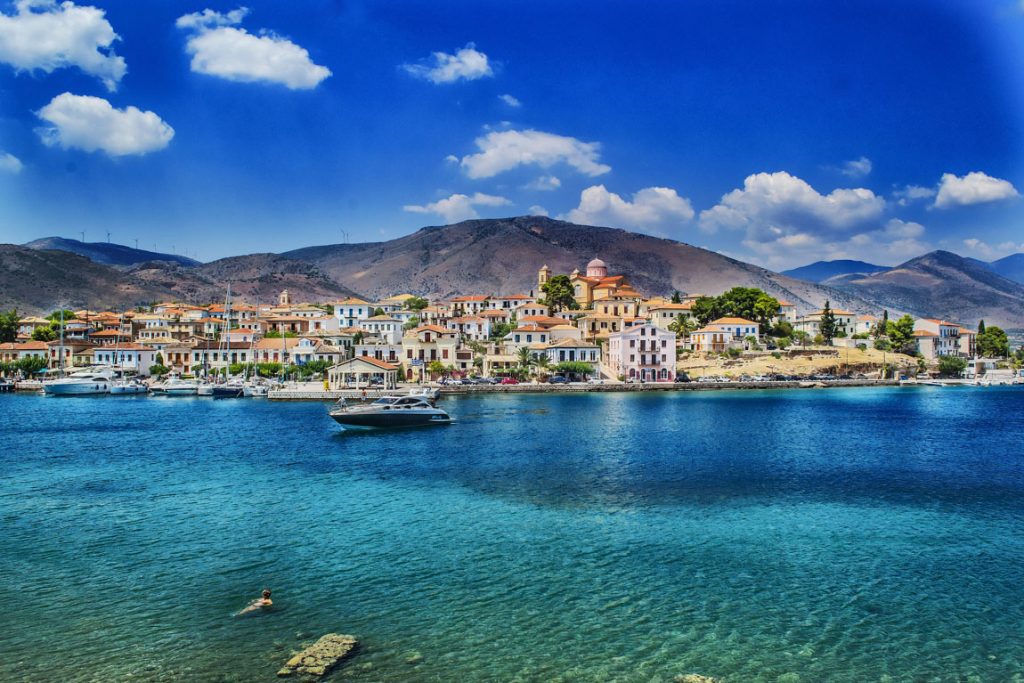
Another remarkable tradition which can be enjoyed during Clean Monday is a festival known as the Aleuromountzouromata meaning flour smudging which takes place in Galaxidi, a small coastal town located on the northern coast of the Gulf of Corinth. People of all ages gather on the main streets of Galaxidi and engage in a colourful flour war, followed by dancing and drinking around a bonfire which is lit on one of the main streets next to the harbor.
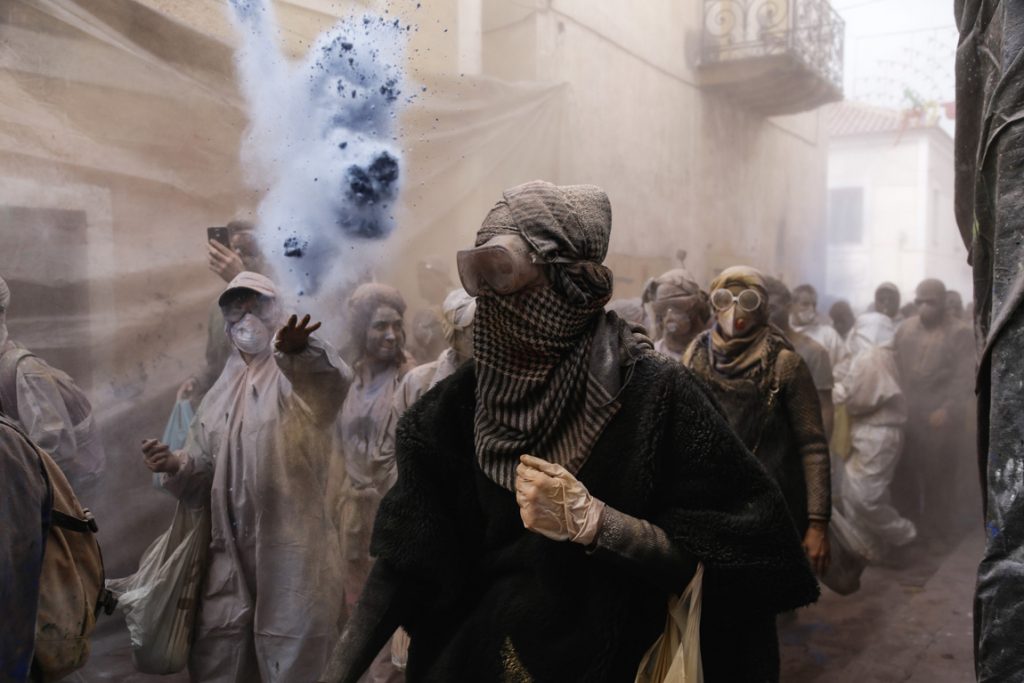
On the island of Chios, the village of Mesta continues a tradition which dates back to the Ottoman Empire. During Clean Monday there is a re-enactment of the village invasion by an Ottoman military officer and his troops who gather the residents of the village on the main square and make them pay a fine. The money which is collected is donated to the cultural association of the village.
In Thebes, the birthplace of many Greek myths, a matchmaking custom known as the “Vlach Wedding” which dates back to the 1830s is revived each year — attracting people to dance, sing and celebrate.
The feast of Clean Monday and its culinary traditions are celebrated all around Greece and many regions have managed to preserve their unique regional customs. Have you been to Greece during the celebration of Clean Monday?

